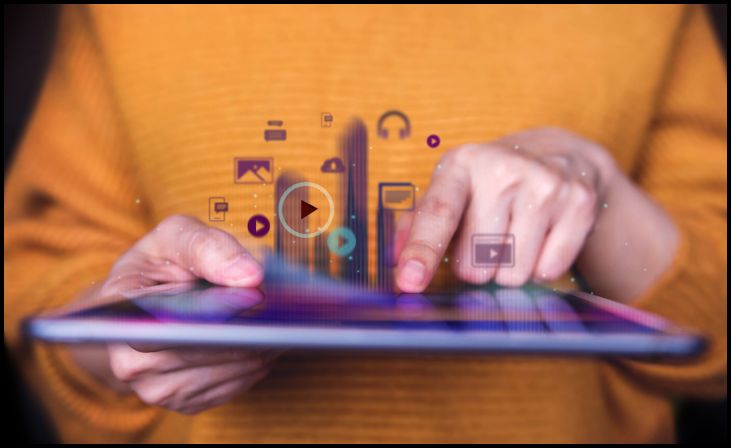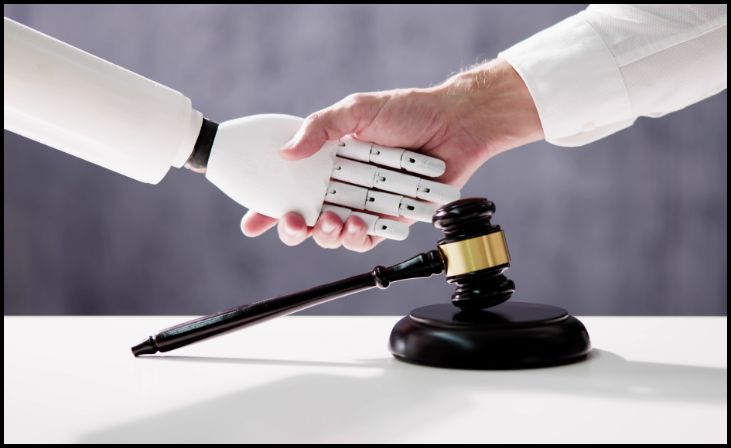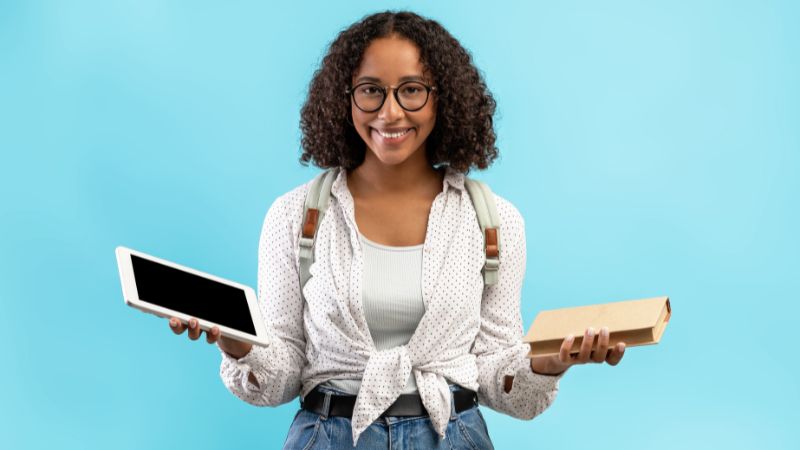In today’s digital age, educators must possess a diverse set of skills to navigate the ever-evolving landscape of technology in education effectively. Digital literacy is no longer a choice but a necessity for educators to enhance their teaching practices, engage students, and prepare them for the future. This blog explores the 10 Essential Digital Literacy Skills For Educators that every educator should master to thrive in the modern classroom. From basic computer skills to advanced knowledge of digital tools and resources, these skills are crucial for fostering a dynamic and interactive learning environment. Whether you’re a seasoned educator or just starting your teaching career, this guide will provide valuable insights and practical tips to help you develop and enhance your digital literacy skills.
10 Essential Digital Literacy Skills For Educators
Understanding Digital Citizenship

Digital citizenship encompasses the responsible use of technology, including online etiquette, digital rights, and security protocols. Educators should teach students how to navigate the digital world safely and ethically, addressing issues such as cyberbullying, privacy, and copyright infringement. By modeling good digital citizenship themselves, educators can instill these values in their students.
Also Read:- Teaching Methods To Engage Students
Proficiency in Digital Communication
Educators need to be proficient in various forms of digital communication, including email, messaging apps, and video conferencing tools. They should also be able to teach students how to communicate effectively online, emphasizing clarity, professionalism, and respect in their digital interactions.
Competence in Information Literacy
In the digital age, the ability to critically evaluate and analyze information is crucial. Educators should teach students how to assess the credibility and reliability of online sources, discerning fact from opinion and recognizing bias. By developing information literacy skills, educators help students become discerning consumers and creators of digital content.
Mastery of Digital Tools and Software
Educators should be proficient in using a variety of digital tools and software relevant to their subject area. This may include learning management systems, multimedia editing software, and educational apps. By mastering these tools, educators can create engaging learning experiences that leverage the power of technology.
Adaptability to Technological Changes

Technology is constantly evolving, and educators must be adaptable to keep pace with these changes. This includes staying informed about new technologies, attending professional development opportunities, and being open to integrating new tools and strategies into their teaching practice.
Promotion of Digital Literacy Among Students
Educators play a crucial role in promoting digital literacy among their students. This includes teaching students how to search for information effectively, evaluate sources critically, and use digital tools responsibly. By empowering students with these skills, educators prepare them to succeed in an increasingly digital world.
Collaboration and Networking
Digital tools enable educators to collaborate with colleagues, experts, and students from around the world. Educators should leverage these tools to share ideas, resources, and best practices, enhancing their own professional development and enriching the learning experience for their students.
Data Literacy and Privacy Awareness
Educators should be aware of data privacy issues and teach students how to protect their personal information online. They should also understand how to use data effectively to inform their teaching practice, using tools such as analytics to track student progress and tailor instruction accordingly.
Integration of Technology into Pedagogy
Effective integration of technology into pedagogy requires educators to design learning experiences that leverage the unique capabilities of digital tools. This includes using multimedia resources, interactive simulations, and online collaboration platforms to enhance student engagement and learning outcomes.
Continuous Professional Development

Finally, educators must engage in continuous professional development to stay current with trends and best practices in educational technology. This includes participating in online courses, attending conferences, and networking with other educators to share knowledge and expertise.
Also Read:- Importance Of Global Perspective In Education
By mastering these ten essential digital literacy skills, educators can enhance their teaching practice, engage students more effectively, and prepare them for success in a digital world.
Conclusion
In conclusion, digital literacy is a critical skill set for educators in the 21st century. By mastering these ten essential skills, educators can enhance their teaching practices, engage students more effectively, and prepare them for success in an increasingly digital world. Continuous learning and adaptation to new technologies are key to staying relevant and impactful in education. As educators embrace digital literacy, they not only improve their own professional development but also empower their students to become digitally fluent and responsible citizens.
FAQs
What are the basic digital literacy skills educators should have?
Educators should have basic computer skills, including proficiency in using word processing software, email, and web browsers. They should also be familiar with online communication tools and be able to navigate the internet effectively.
How can educators improve their digital literacy skills?
Teachers can get better at using technology by taking online classes, going to workshops and conferences, and playing around with new technologies. Working together with coworkers and sharing the best ways to do things can also be helpful.


Leave a Reply